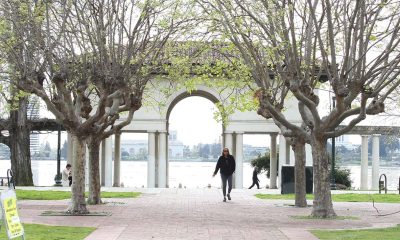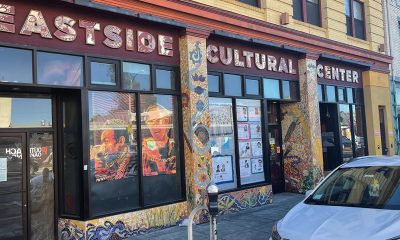Resource Guide
IMPACT MEDIA | SPRING / SUMMER 2022
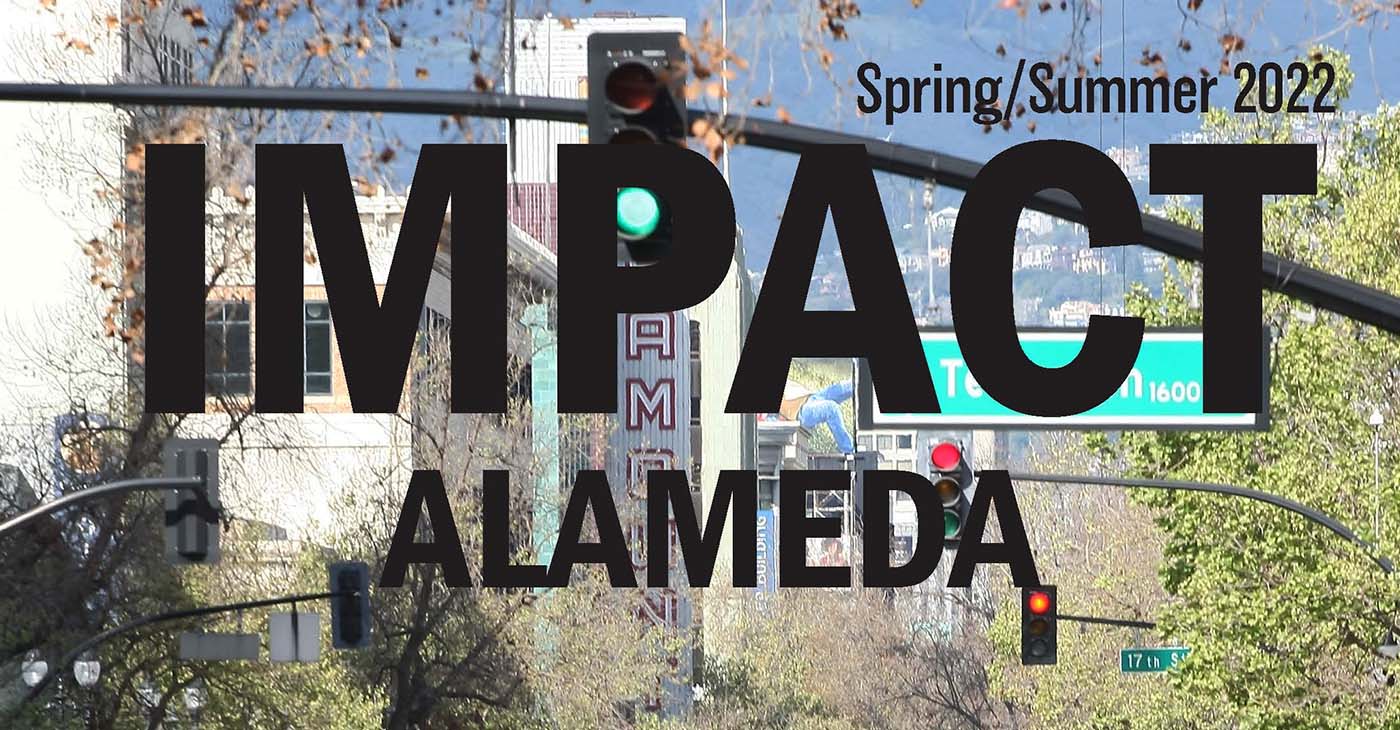
California
COVID Recovery in Alameda County: Our Church Is Offering Free Tests
Variants still pose a threat. And case numbers are still on a gradual decline here in California and around the country. Therefore, we can’t throw all caution to the wind when it comes to keeping our loved ones safe and healthy. The death rate resulting from COVID-19 is still higher for Black Californians than the statewide average, according to numbers from the California Department of Public Health.
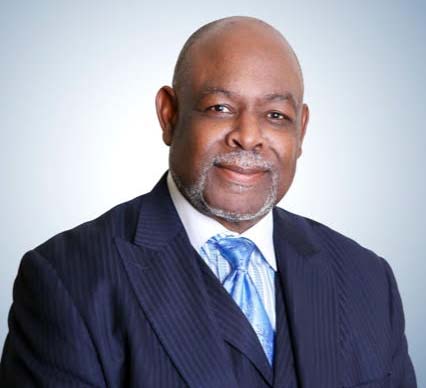
Rev. Gerald L. Agee | Impact Alameda
States and cities have lifted mask mandates and other COVID-related restrictions. But even as we readjust to life as it was before the pandemic, we know that COVID is not fully gone for good.
Variants still pose a threat. And case numbers are still on a gradual decline here in California and around the country. Therefore, we can’t throw all caution to the wind when it comes to keeping our loved ones safe and healthy. The death rate resulting from COVID-19 is still higher for Black Californians than the statewide average, according to numbers from the California Department of Public Health.
At the height of the coronavirus crisis, Black pastors across California recognized the urgency of the COVID-19 threat. As we move from pandemic to endemic, we still do.
We continue to accept the responsibility of this fight, and we understand as faith leaders in our communities that we must combine faith with action. Prayers for healing and health must be backed up by a plan for protection and prevention that keep our communities safe and the virus at bay.
That is why dozens of faith leaders across our state have worked together to keep the doors of our churches open for convenient COVID-19 testing. Some sites offer vaccinations. This effort to keep our congregations and our neighborhoods safe has been made possible with the support of our testing partner Color and the California Department of Public Health.
The pastors in our network, their congregations, staff, and volunteers at our churches and in our community have done an excellent job. Their effort has contributed in no small way to the high COVID-19 vaccination rate and low positivity rate we now have in California. We are truly proud and grateful.
As we walk into this new phase of our COVID-19 response, we must prioritize safety, especially for those among us who are aging or otherwise fragile.
As our slogan tells us, “Don’t guess, get the test” before fully chucking your mask, or going back to work or traveling to see loved ones.
Look up one of our centers in your community to get vaccinated and tested. It is the surest way that we can stem the spread of this virus.
We must decide to renew our hope and lead with faith even stronger than we have been doing. With that resolve, committing ourselves to keeping each other and our communities safe will be easy.
Remember, we can end this endemic once and for all — together.
About the Author
The Rev. Gerald L. Agee is the founder and pastor of Christian Friendship Church in Oakland and the statewide manager for the Black church testing program.
Highlights
Justice = Jobs: YEP, an Oakland Org, Prepares Youth for Careers, Education Access
While the pandemic put a temporary hold on their progress, the organization found ways to adapt, innovate and continue inspiring the young creative minds they serve. Sixty days after the initial shutdown, YEP was able to bring 60% of participants back on site with proper distancing and ventilation in the warehouse. Students prepared meals for the homeless, continued classes and constructed 10 tiny houses in the back of the facility to help house youth who needed a place to stay. As warehouse training became a highly demanded skill during the pandemic, YEP was able to provide more youth with certifications that led to jobs.
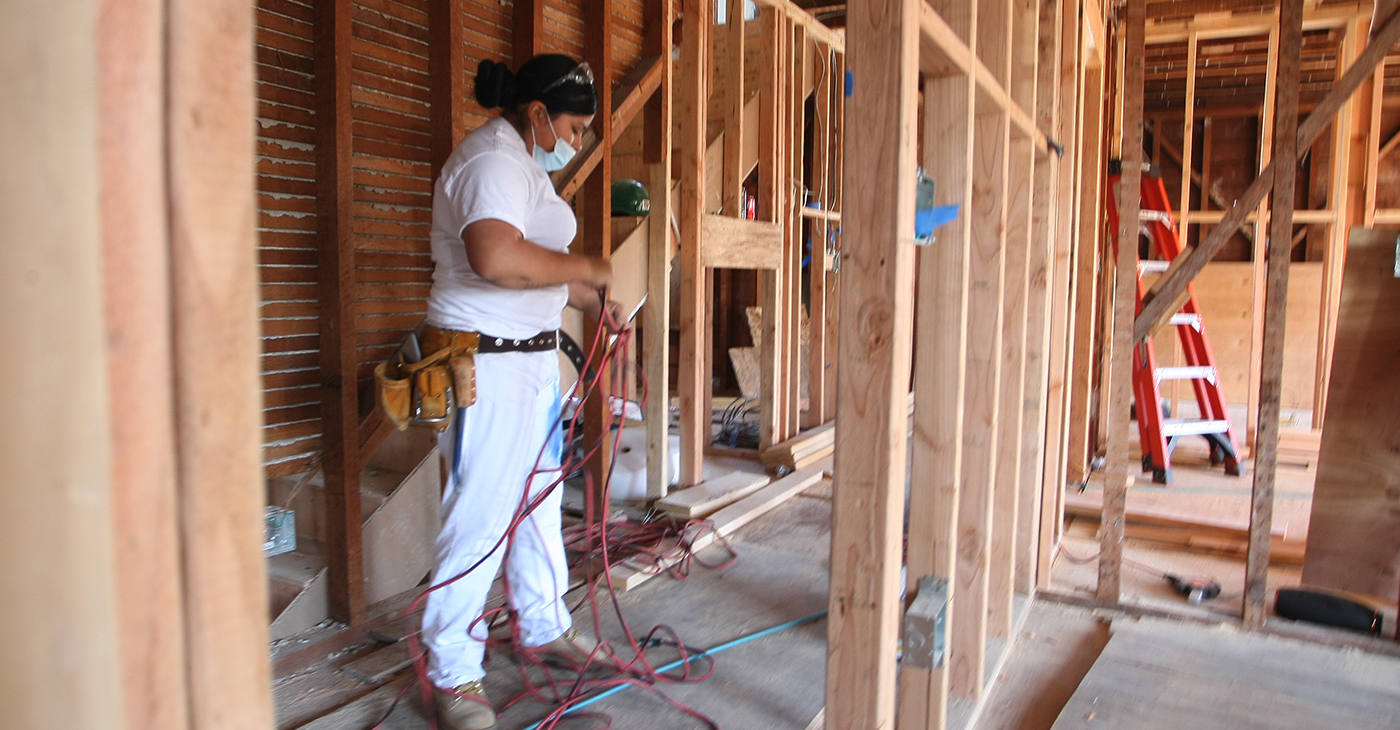
Edward Henderson | Impact Alameda
Oakland’s reputation in American political history is synonymous with raised-fist, steel-spined Black Power activism.
At the geographic heart of Oakland, on International Boulevard, is an organization called the Youth Employment Partnership (YEP). Its mission lines up with that strain of power-to-the-people advocacy the largest city on the East side of the San Francisco Bay is known for. The leaders at YEP say their organization aims to embody the spirit of the city whose youth they serve.
YEP’s headquarters is a warehouse purchased in 2001 with cash that was an allotment from a lawsuit settlement. The suit accused California of spending more on incarcerating youth than the prevention of delinquency.
Today, YEP serves the community as an incubator for job training and education for youth who have are overcoming obstacles in their lives.
“Everything here is built by our young people,” said Michele Clark, Executive Director of YEP.
Clark says she rejects, “that whole concept of having kids and young adults of color being treated like they are not assets to our community.”
“We really feature them as asset builders,” she continued. “Those kinds of things build confidence”
Under YEP’s guidance, the youth working in the warehouse designed and renovated a section of the space every two years for 10 years. Now, their headquarters hosts classes equipping the young people with skills like forklift operation and the culinary arts. It also has a school where high schoolers can earn their diploma and a section in the back with a small community of tiny houses.
“It’s always just a quest of what training can we offer our community that knock out lifelong barriers. High school and other emotional trauma issues, probation, parole, all of those things we get young people to build on and not be depressed by,” said Clark.
YEP was founded in 1973 by a group of teachers from St. Elizabeth High School, along with Dennis Chaconas, who later became Superintendent of Oakland Unified School District. Their goal was to address learning-loss and provide children with engaging and character-building activities over the summer.
The early success the founders had with programs that helped youth succeed at school and jobs led to the organization’s expansion. In 1989, they unaffiliated with St. Elizabeth to continue growing and to extend their work beyond providing summer jobs and offering summer education. In 1991, they officially became The Youth Employment Partnership, Inc.
YEP serves 500 youth and young adults each year. To date, the organization says their alum have earned over $900,000 in wages and incentives; 34,000 trainees have received workforce training and development services; and 80% of trainees benefit from employment or advance education placement.
While the pandemic put a temporary hold on their progress, the organization found ways to adapt, innovate and continue inspiring the young creative minds they serve. Sixty days after the initial shutdown, YEP was able to bring 60% of participants back on site with proper distancing and ventilation in the warehouse. Students prepared meals for the homeless, continued classes and constructed 10 tiny houses in the back of the facility to help house youth who needed a place to stay. As warehouse training became a highly demanded skill during the pandemic, YEP was able to provide more youth with certifications that led to jobs.
“Seeing the tiny homes we’ve built all together and ready for somebody to live in them was my most memorable moment at YEP,” said Christian Gonzales, 17. “It made me feel excited because we put a lot of work and learning into it. The final product felt great to see. I’ve also been hired by the contractor that YEP has hired. It has helped me develop new skills and prepare me for jobs in the future.”
Along with the work training aspect of YEP, education stands as a core pillar to their philosophy of youth development. Tiara Shaw, 18, was recommended to the program by a friend and was inspired by the possibilities that YEP had to offer her.
“With everything that’s been going on with the pandemic and balancing school I started falling off in my senior year,” said Shaw. “I ended up not graduating with everyone else. I wanted to get my GED at least. But then I found out about YEP and that I could get my diploma. It became way more than I thought than just a diploma.”
Joshua Norman, 19, lived down the street from YEP headquarters and was always aware of the work they did. Norman decided to take advantage of YEP’s services when his sister encouraged him to take a leap of faith and try to overcome the challenges in his life with their help.
“The staff are really personable, and I get a lot of help from them. They always have good feedback and actually care about your progress. It’s the people here who make it fun. When I was going through stuff at home and I needed somebody to talk to, I could talk to the staff and have someone understand — besides just being at work,” he said. “If you come here, just know that there are people here to help you and don’t take the chance for granted. Use the opportunity wisely and stay focused on your craft.”
Shaw agrees that youth engaging with YEP and the services they provide have an array of options and resources at their disposal. However, she also believes that the responsibility still lies with them to take advantage of everything.
“YEP is a stepping stone to get where you want to go in life. It’s not there to take you all the way, but it’s there to take you to somewhere, and you make the decisions to go further and do what you want to do,” she says. “There’s not a lot of places that will do this for the youth.”
To learn more about YEP and how to get involved, visit www.yep.org
Highlights
A Voice for Victims: Cal NAACP Is Helping to Clear Criminal Records for Free
The NAACP expungement program was implemented to reconcile the crippling impact of mass incarceration on the Black community in California. The program which started in September 2019 has helped thousands of formerly incarcerated people get their records clean. Program coordinators work with local governments to waive fees for the expungement process.

Bo Tefu | Impact Alameda
It costs thousands of dollars in California to clear a criminal record of a felony or misdemeanor, but now people can get their record expunged for free with the help of the California State Conference of the National Association for the Advancement of Colored People (NAACP).
The NAACP’s expungement workshops aim to help Black people remove nonviolent charges, “which have affected their ability to obtain employment,” said Rick Callender, president of the NAACP California-Hawaii State Conference.
“Our expungement program is the best kind of advocacy program that we can put out into the community. We know that African Americans and other people of color are charged the most and end up serving the most time,” said Callender.
The criminal justice system has disproportionately affected Black people in the United States as a result of the War on Drugs, a federal government-led effort that claimed to end the trade and distribution of drugs in the 1970s. However, the national campaign created a vicious cycle of mass incarceration in Black communities that affected generations of Americans, particularly low-income families.
The NAACP says the majority of participants taking advantage of the expungement program were convicted on “wobbler charges –indictments determined by a prosecutor’s recommendation for whether an individual should face felony or misdemeanor penalties based on their criminal history.
“These wobbler charges and the criminal justice system have impeded upon African Americans and their ability to get jobs and housing,” said Callender.
“It’s important for the organization to facilitate this program in order to tackle institutional racism in the criminal justice system,” he said.
“These kinds of programs even the playing field for African Americans,” he said.
The NAACP expungement program was implemented to reconcile the crippling impact of mass incarceration on the Black community in California. The program which started in September 2019 has helped thousands of formerly incarcerated people get their records clean. Program coordinators work with local governments to waive fees for the expungement process.
Clearing of criminal records can take anywhere from 30 days to six months depending on the number of charges that need to be removed. The NAACP California State Conference partnered with seven local counties including Alameda County and the Clean Slate Program to start the expungement process at zero cost for people enrolled in the program.
“If you’ve received a misdemeanor, felony, or some kind of wobbler charge, it keeps you from being able to be able to move forward,” said Callender.
“This is truly the great equalizer of advocacy for economic justice,” he said.
Program coordinators in the NAACP work with public defenders and attorneys to host monthly workshops for low-income people who were convicted of a misdemeanor or felony for nonviolent crimes. According to the organization’s leaders, criminal lawyers can charge up to $5,000 for legal fees in addition to the cost of processing the paperwork.
According to the NAACP California State Conference 2020 resolutions, law enforcement convicts Black people based on ‘wobbler charges’ for nonviolent crimes.
“A person who has been arrested and was not convicted now has the burden to petition the court for the expungement. Cost associate to remove the arrest record and expunge it is expensive and excessive for people of color,” the resolution states.
The expungement program coordinators follow up with attendees to track the legal progress of their cases. The law experts working with the organizations evaluate each case and work with each attendee on an individual basis.
“People are just so grateful to get answers in real-time, not waiting on a call center line pressing one or two and hoping that you can get someone,” said Betty Williams the executive director of the NAACP California State Conference.
During one of the workshop sessions, “a young lady cried, thanked us, and gave us praises for the program. Almost all of us started crying, she was sharing how she’s been trying to get this done for the last six years and had no idea that the NAACP was doing something like this,” said Williams.
“We’re giving a voice to those individuals that have been so easily victimized by the criminal justice system,” she said.
Social justice advocates at the NAACP emphasized that Black and Brown people need more initiatives that help heal the harm inflicted by the War on Drugs in their respective communities.
“We have the population that was affected most with the war on drugs,” said Williams.
“Now we have the opportunity to help those individuals clean up their backgrounds and go look for a job without fear,” she said.
The NAACP California State Conference is committed to expanding the expungement program through outreach in its 56 branches across the state. Leaders from other NAACP branches have expressed interest in modeling similar programs to help Black and Brown communities in their respective states.
-
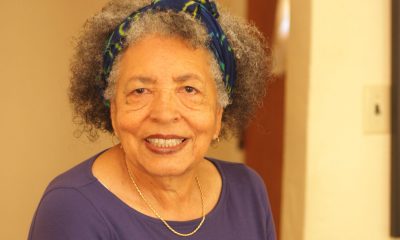
 Business2 years ago
Business2 years agoVolunteer to V.P.: Margot Dashiell Fights for Families Dealing With Mental Illness, Trauma
-
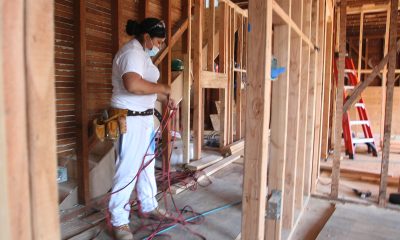
 Highlights2 years ago
Highlights2 years agoJustice = Jobs: YEP, an Oakland Org, Prepares Youth for Careers, Education Access
-
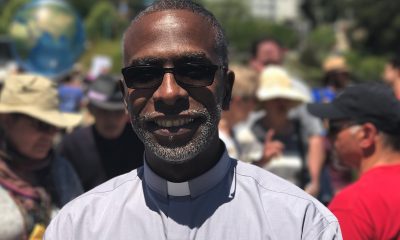
 Business2 years ago
Business2 years agoWalking by Faith, Leading with Love: Rev. Ken Chambers Invests in Alameda County
-
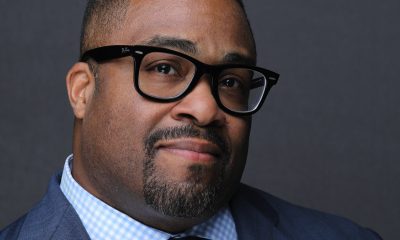
 Business2 years ago
Business2 years agoA Voice for Victims: Cal NAACP Is Clearing Criminal Records for Free
-
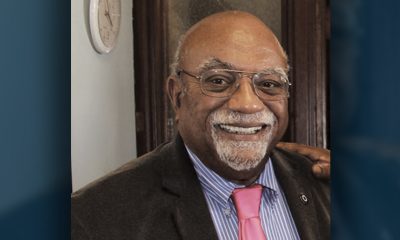
 Highlights2 years ago
Highlights2 years agoJuvenile Justice in Alameda County: We’re on Our Way but More Needs to Be Done for Our Children
-

 Business3 years ago
Business3 years agoMichala Toscas: Oakland Cannabis Kitchen
-

 Highlights2 years ago
Highlights2 years agoA Voice for Victims: Cal NAACP Is Helping to Clear Criminal Records for Free
-
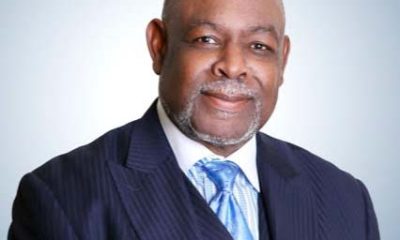
 California2 years ago
California2 years agoCOVID Recovery in Alameda County: Our Church Is Offering Free Tests

